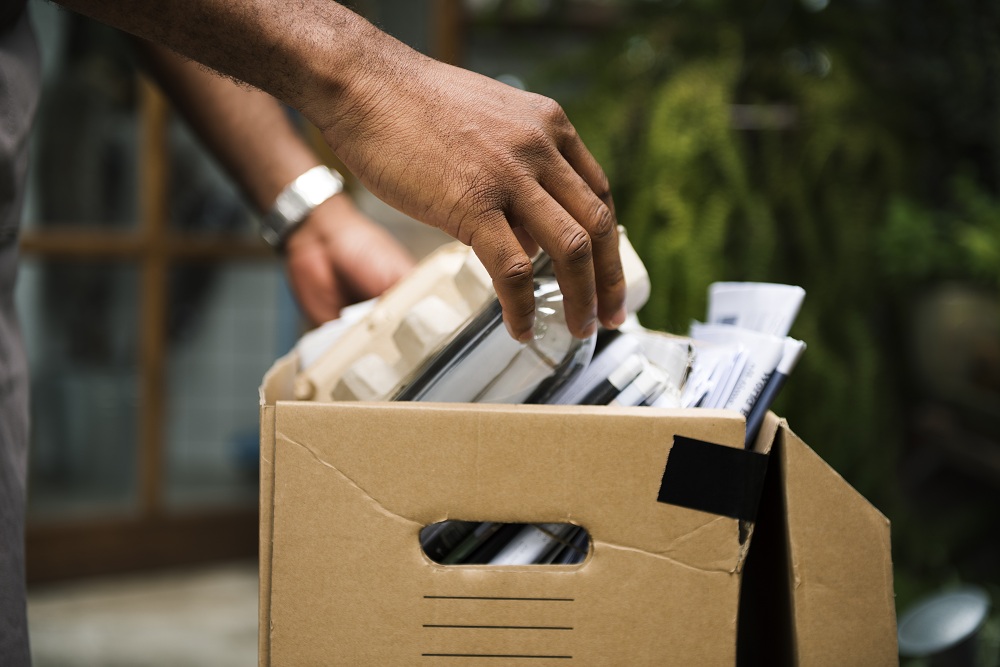- Raccoons are causing serious problems in US cities and suburbs due to their booming population and adaptable nature.
- Raccoons carry diseases and can cause property damage. Their droppings contain harmful bacteria that can affect soil and water sources.
- Prevention and control methods include sealing holes or gaps in homes, securing garbage cans, and keeping gardens clean of food sources.
- Tips to prevent raccoon infestations include reducing roof access, trimming trees, and securing garden produce.
Are you one of those people who find raccoons cute? You might want to reconsider. Raccoons might look cute, but they can create serious problems, especially when they invade cities and suburbs. In the United States, raccoon populations have been booming, and it has been causing issues for homeowners, gardeners, and even pet owners. Raccoons can be a health hazard and, if not handled correctly, can cause damage to homes. Keep reading to discover more about the raccoon problem in the U.S.
What are Raccoons?
First, you need to know about raccoons. They are small to medium-sized mammals with distinctive black fur, a white mask over their eyes, and bushy tails. Raccoons are omnivores, which means they eat both plant and animal matter. Here are ways raccoons are causing problems in people’s homes.
Raccoon Population Boom
Raccoons are among the most common wildlife mammals in the U.S. Their adaptable nature has made them thrive in urban, suburban, and rural areas. The population of raccoons in the U.S. continues to grow, and their habitats have expanded. This expansion is mainly due to human activities such as deforestation and urbanization.

Health Risks
Raccoons carry diseases that can be transmitted to humans and other animals, including rabies, salmonella, and leptospirosis. Their droppings also contain harmful bacteria, which can affect the quality of soil and water sources. Contact with raccoons or their waste can cause health issues, including respiratory infections and allergic reactions.
Property Damage
Raccoons are notorious for their ability to cause damage to properties. They can chew through roofs, siding, and wood structures to gain entry into homes. Once inside, they can cause damage to walls, ceilings, and electrical systems. Raccoons can also raid gardens and trash cans, leaving a mess and damage behind.
Prevention and Control
The most efficient way to prevent raccoon invasion is to make your home less attractive to these creatures. Seal off any holes or gaps in your roof and siding, secure your garbage cans, and keep your garden clean and free of food sources. If you already have a raccoon invasion, avoid approaching or feeding them, and call a pest control professional to deal with the situation.
Preventing Raccoon Infestations
If you’re scared of having a raccoon infestation in your home, there are several steps you can take to prevent it. Here are some of those tips:
Reduce Roof Access
Raccoons love climbing onto roofs to gain entry into homes. Make sure your roof has no holes, gaps, or other openings for them to get in. Check gutters and downspouts for any debris where raccoons could make a home. Moreover, consider getting a metal roof if you don’t have one. You can ask a local metal roofing contractor to help you out. They can provide various metal roofing types, colors, and styles to suit your needs.
Trim Trees
Raccoons are great climbers. Make sure trees close to the house don’t have any branches that could serve as bridges for them to get into your home. Trim any long branches and cut down dead trees.

Secure Garbage Cans
Raccoons are attracted to garbage cans and can often cause a mess. Secure your trash cans using lids with locking mechanisms, and ensure they are secured when not in use. Rinse out food containers before tossing them into the garbage, as this will reduce the smell that raccoons find attractive.
Secure Garden Produce
Raccoons love eating fruits and vegetables from gardens. Harvest produce as soon as it’s ripe and secure the area with a fence or netting to keep them away. If you have fruit trees, consider keeping raccoons out by picking up fallen fruit regularly.
Raccoons can be cute, but they are also a severe nuisance. It is essential to prevent them from entering your home and causing damage. Ensure access points and help reduce the chances of infestation in the long run. If you already have an infestation of raccoons in your home, contact a professional pest control company immediately. They can help you understand and eliminate the problem quickly, safely, and effectively. With these tips, you can enjoy a raccoon-free home in no time!


